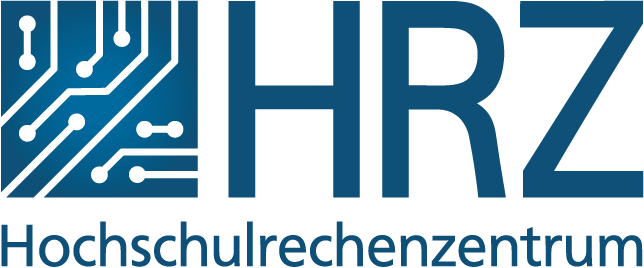Requirements
The issuance of certificates is subject to technical and organisational requirements. These are defined by the specifications provided by HARICA.
With regard to the technical requirements for keys and certificates, please also refer to the TLS guidelines of IT Security.
In order to comply with these rules and apply them to the conditions at TU Darmstadt, the rules for certificate release (opens in new tab) (German version only) apply here.
The organisational requirements can be roughly summarised as follows:
- Certificates are only issued to employees and members of TU Darmstadt.
- Persons may apply for certificates for host names in domains in which they are registered as domain representatives.
- Other persons require authorisation from the relevant department or the domain representative to apply. An informal letter with a stamp from the relevant department or, for example, an informal email from a domain representative to tud-ca@hrz.tu-… is sufficient.
Application methods
In principle, server certificates can be issued in two different ways:
- ‘classic’ via a web form and manual approval
- via the ACME protocol
The processes for approving or creating an ACME account are documented in the process description (opens in new tab)(German only).

